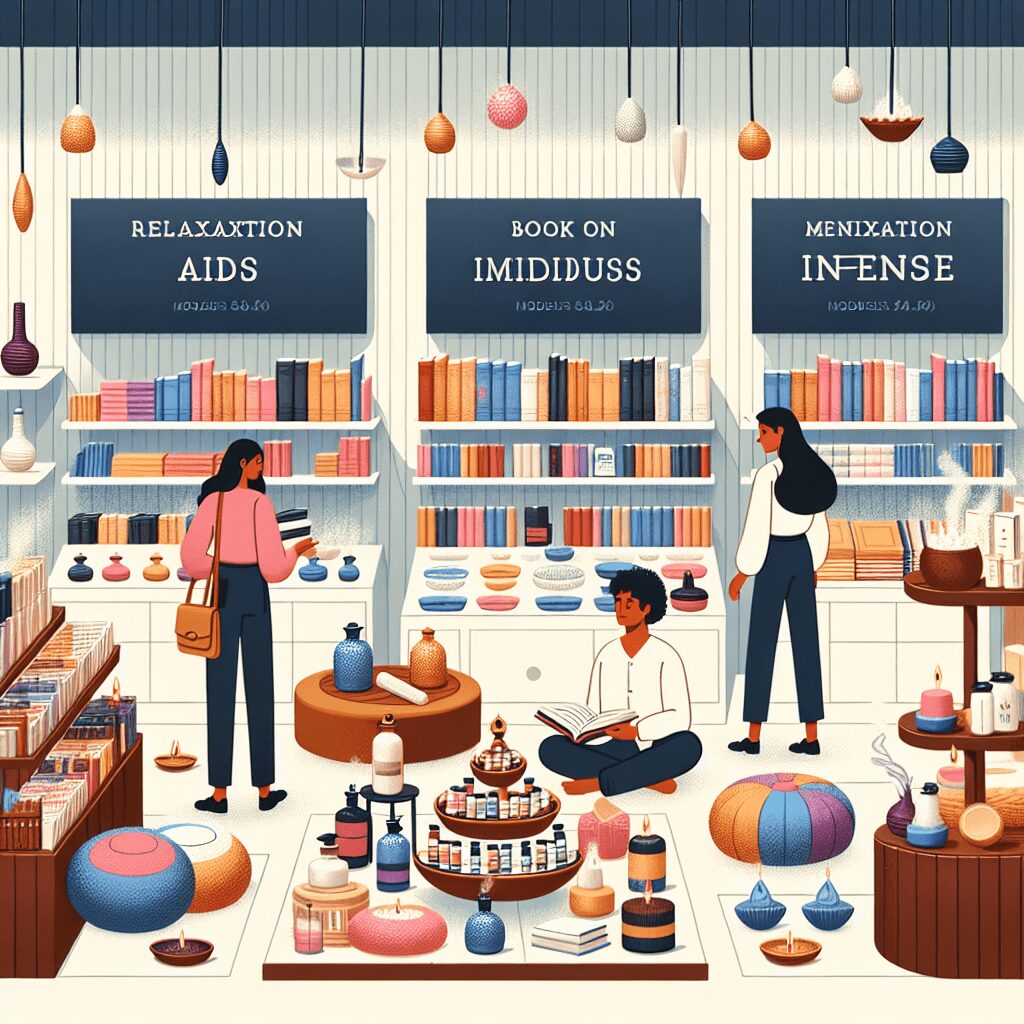
Prioritize your mental well-being daily. Enhance your life by nurturing your mental health with the Smart Meditation app. Break free from stress, alleviate anxiety, and enhance your sleep quality starting today.
What To Do When You Don’t Want To Take An Antidepressant?
Exploring Alternatives to Antidepressants
Let’s face it, not everyone’s cup of tea is popping pills. When it comes to managing depression, the thought of relying on antidepressants can leave some folks feeling more blue than buoyant. If you’re in that boat, paddling against the current of conventional medication, you’re not alone. There’s a sea of alternatives that might just help you navigate through the choppy waters of depression.
Embrace the Power of Therapy
Before you write off the idea of getting a little professional chinwag, hear us out. Therapy isn’t just about lying on a couch, spilling your darkest secrets. It’s about equipping yourself with the tools to tackle life’s ups and downs. Cognitive-behavioral therapy (CBT), in particular, is a gem at teaching coping strategies that can help you reshuffle your deck of thoughts and behaviors – no chemical assistance required.
-
Cognitive-Behavioral Therapy (CBT): This is your bread and butter for combating depressive thoughts head-on, teaching you to dispute negative thinking patterns and engage in healthier behaviors.
-
Mindfulness-Based Cognitive Therapy (MBCT): MBCT combines traditional CBT techniques with mindfulness strategies, focusing on being present and more aware of your thoughts and feelings without judgment.
-
Interpersonal Therapy (IPT): Sometimes, it’s our relationships that tip us into the abyss. IPT helps you navigate the interpersonal challenges and boosts your social support network.
Lifestyle Adjustments That Can Brighten Your Days
Hold up; let’s not underestimate the might of lifestyle tweaks. Sometimes, it’s the small changes that pack the biggest punch.
-
Get Moving: Exercise isn’t just for those wanting to flex at the gym. Breaking a sweat can boost endorphins, AKA your body’s feel-good hormones. Aim for activities that get your heart racing or muscles pumping – even a brisk walk counts.
-
Eat Smart: Ever heard of the gut-brain connection? Well, it turns out, what you eat can play a big role in how you feel. Omega-3 fatty acids, found in fish like salmon, and probiotics can be particularly useful. Say yes to a balanced diet that keeps your gut and brain smiling.
-
Prioritize Zzz’s: In the land of sleep, quality reigns supreme over quantity. Poor sleep can be both a cause and a result of depression. Establish a regular sleep schedule, create a restful environment, and consider mindfulness or relaxation techniques before bed.
-
Connect with Others: Sometimes, the best medicine is good company. Isolation can be a breeding ground for depression. So, make an effort to reach out to friends, join clubs, or participate in community activities. Sharing experiences and feelings with others can lift your spirits immensely.
Herbal and Natural Supplements: Proceed with Caution
Sifting through the pantry for a cure? There are herbs and supplements touted for their mood-lifting abilities. St. John’s Wort, omega-3 fatty acids, and SAMe have entered the chat. But here’s the kicker – always, and we mean always, chat with a healthcare provider before diving into the supplement sea. Some of these can interact with other meds or conditions.
Wrapping Up: Your Journey, Your Choice
Wandering the path of managing depression without antidepressants is entirely feasible, though it might take some trial and error to find what works best for you. Keep in mind, though, this isn’t a solo expedition. Loop in your healthcare provider about your plans and preferences. They can offer guidance, monitor your progress, and ensure you’re not veering off course. Remember, the goal isn’t just to survive but to thrive. And with the right toolkit, support, and mindset, you’re well on your way to brighter days ahead.




